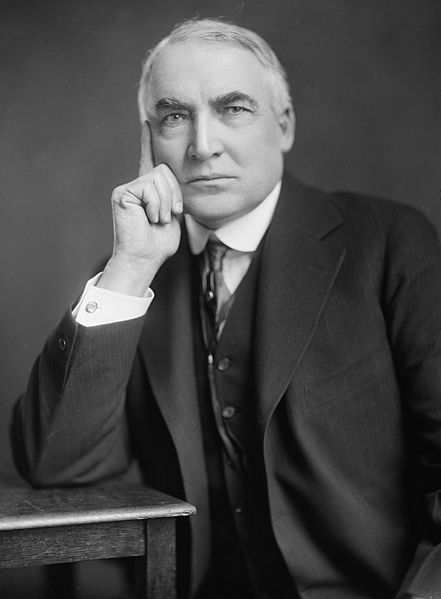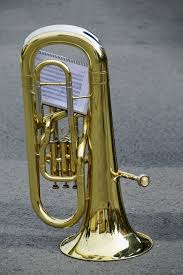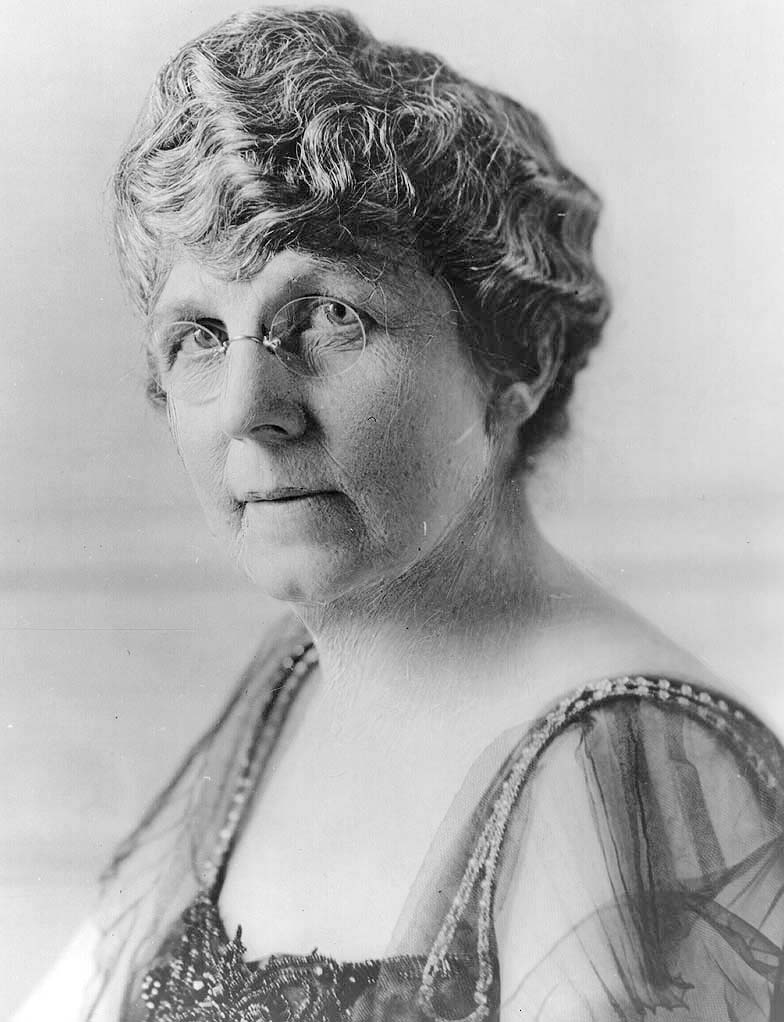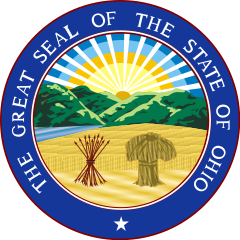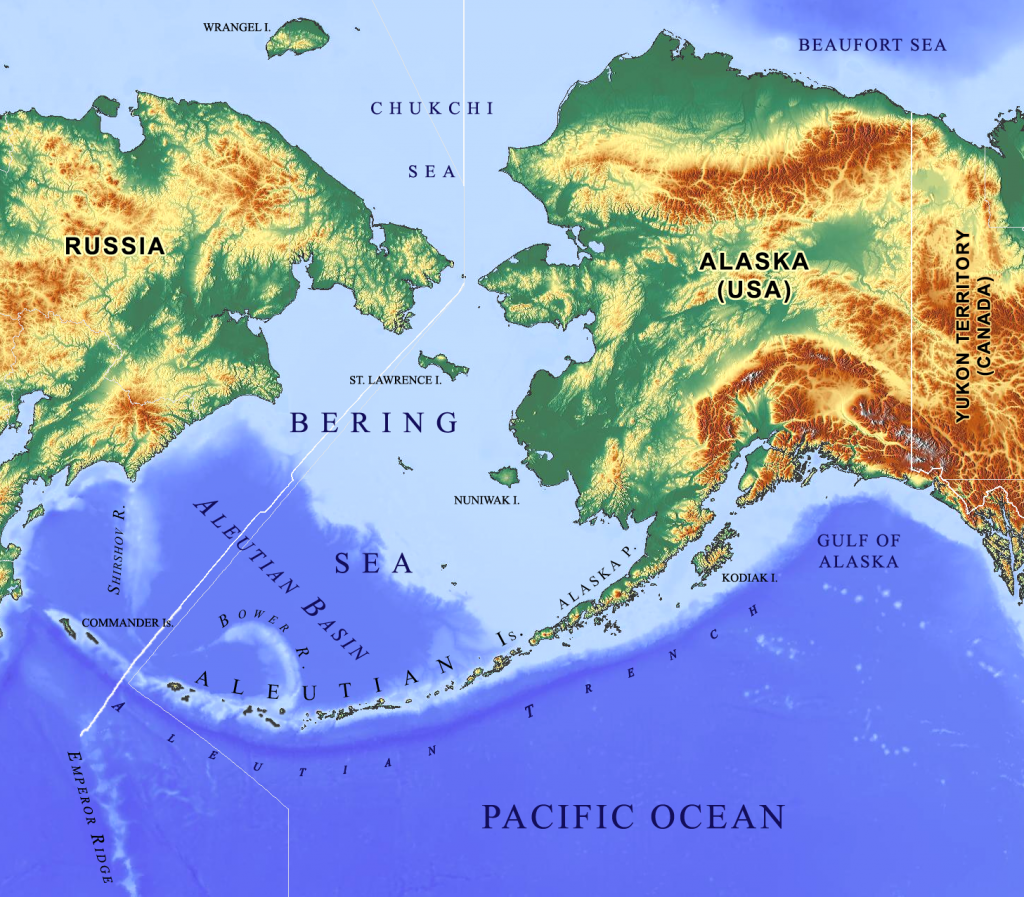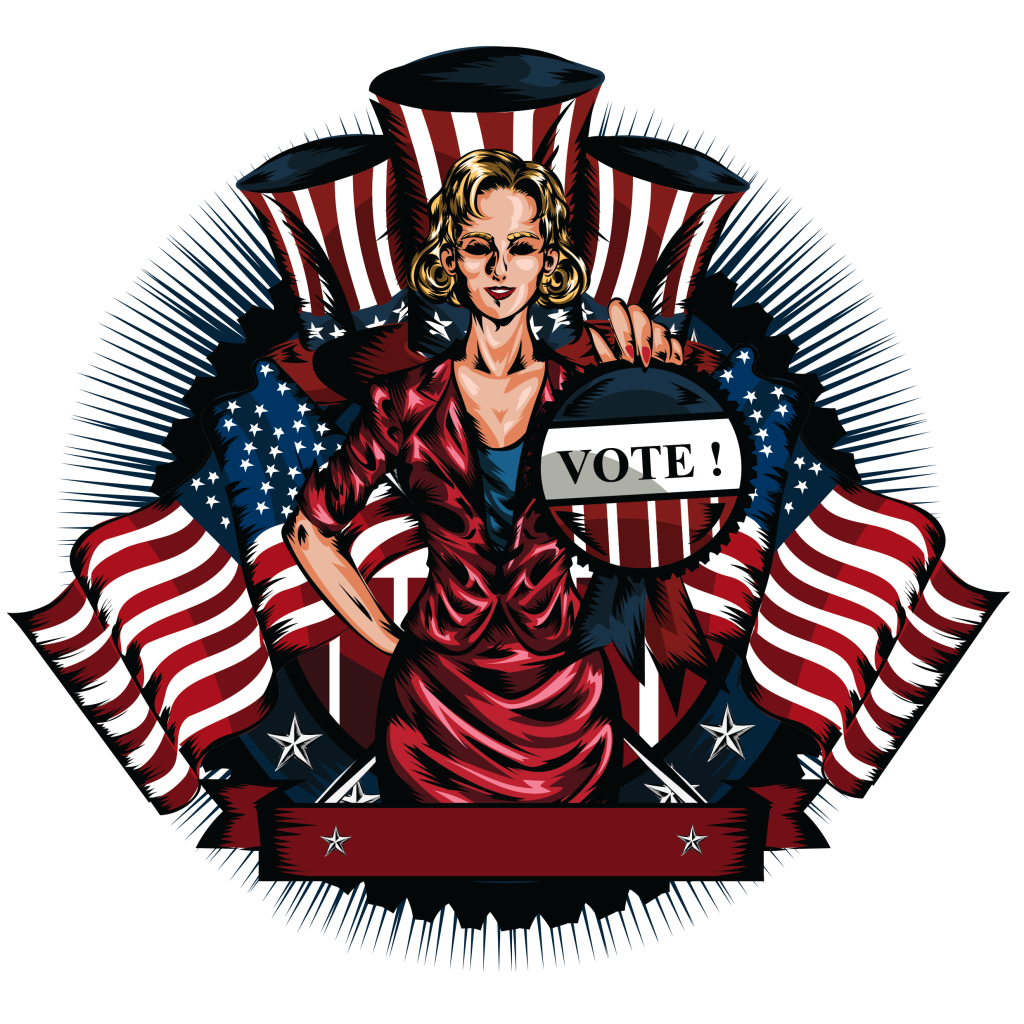Warren G. Harding Biography
29th President of the United States
Years Served as President: 1921-1923
Vice President: Calvin Coolidge
Party: Republican
Age at Inauguration: 55
Home State: Ohio
Date of Birth: November 2, 1865
Died: August 2, 1923
Married: Florence Kling DeWolf
Children: None
Nickname: President Hardly, Wobbly Warren

What is Warren G. Harding known for?
Warren G. Harding was popular and likeable, but his presidency was overshadowed by the corruption and criminal activities of his cabinet members.
As public knowledge of these scandals increased, Harding’s health failed on a trip to Alaska. His vice president Calvin Coolidge was sworn in as president.
Early Life
Warren G. Harding was born in 1865 on a farm in the small community of Corsica, Ohio.
His parents were George and Phoebe Harding, a farmer and midwife. Warren’s father later worked as a doctor and then the co-owner of a newspaper.
The oldest of six children (four sisters and a brother), Warren enjoyed music and playing outdoors. He played the cornet (a type of horn) in the village band.
After getting his education in a one room schoolhouse, Warren attended Ohio Central College. He edited the school newspaper there and graduated in 1882.
Harding then briefly worked as a teacher before trying jobs in law, insurance sales, and journalism.
He enjoyed working as a newspaper reporter and purchased a newspaper called the Marion Star with several friends.
Family Life
In 1891, Harding married Florence “Flossie” Kling DeWolf. Flossie was five years older than Warren and had a ten-year-old son from her previous marriage. Due to her wealthy family, Flossie also had a large fortune.
Flossie had excellent business sense and helped Harding’s newspaper become more successful. She later encouraged her husband’s career in politics. The couple had no children together.
Political Career
Harding’s political career began in 1899 when he was elected to the Ohio senate, where he served two terms. He was the lieutenant governor of Ohio from 1904-1906.
After that, Harding returned to his newspaper for five years. He ran for the governor of Ohio in 1910 but lost.
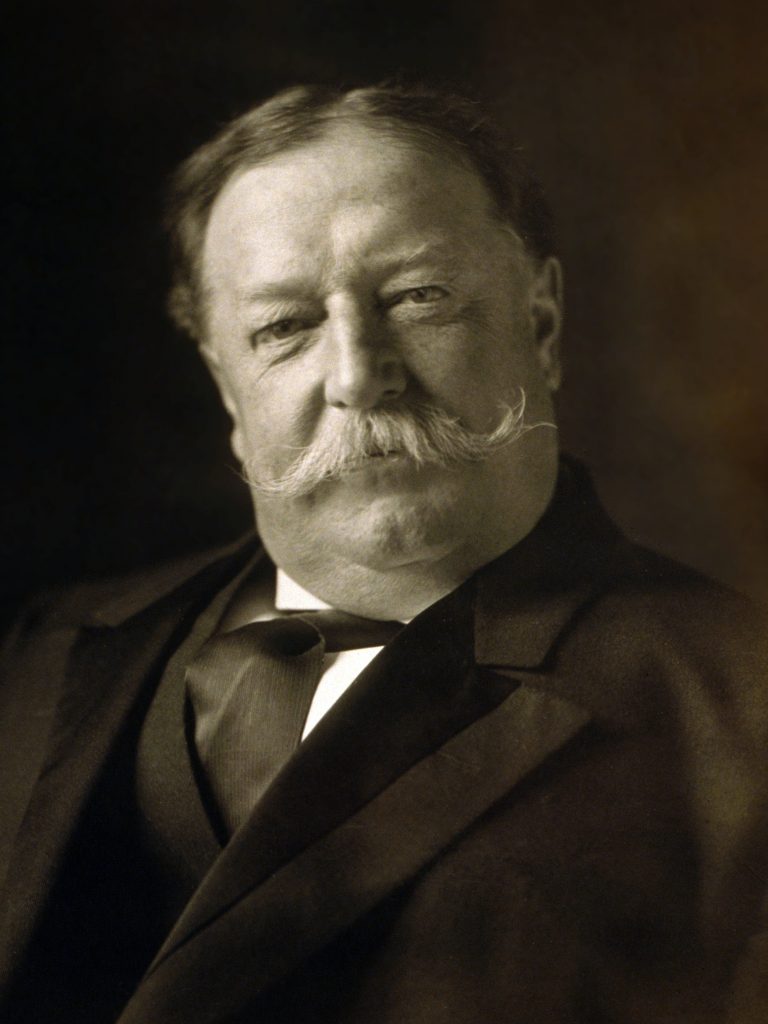
By this time, Harding had become popular with Republican Party regulars. He was given the honor of making a speech at the 1912 Republican National Convention nominating William Taft for a second term as president.
In 1914, Harding was elected to the U.S. Senate, where he remained for the next seven years. He typically tried to compromise and keep the peace, rarely taking a strong stand on major issues.
Perhaps for this reason, Harding was chosen as the compromise candidate when Republicans couldn’t agree on a nominee at the 1920 Republican National Convention.
Presidential Campaign
Harding’s running mate was Calvin Coolidge, who was the governor of Massachusetts at the time. The pair ran against Democrats James Cox and Franklin Roosevelt.
After World War I and the progressive reform that followed, Harding promised a “return to normalcy.” Instead of touring the country, he conducted a front-porch campaign from his home in Marion, Ohio.
Thousands of people traveled to Marion to see Harding speak. In fact, he received so many visitors that his front lawn had to be replaced with gravel.
In the election, Harding and Coolidge won the election with the largest victory to date. They took 60% of the popular vote and won the electoral vote 404-127.
Presidency
Harding was a conservative Republican who followed a pro-business agenda in office.
Taxes were lowered, especially for the wealthy and for businesses. Immigration was limited, and Harding enacted high protective tariffs.
He signed the Budget and Accounting Act of 1921, which established a clear federal budget system and a method for auditing government spending.
The U.S. hosted a conference and agreed with other world powers to stop building large and dangerous battleships.
Harding nominated previous president William Howard Taft as the chief justice of the U.S. Supreme Court, fulfilling Taft’s lifelong dream.
However, Harding’s administration was filled with corruption and scandal. Although Harding did not participate in any of the criminal behavior of his cabinet, it did damage his reputation.
The largest scandal was known as the Teapot Dome Scandal. Albert Fall, Harding’s Secretary of the Interior, accepted loans and gifts in exchange for renting public lands to oil companies.
Death
In 1923, Harding toured the country to meet people and promote his policies. While in Alaska, the president became ill with what he believed was food poisoning.
He was rushed to San Francisco, but his health continued to worsen. He died of a heart attack while his wife was reading to him on the evening of August 2.
Many believe that the stress over his administration’s scandals contributed to Harding’s death.
The next morning, Calvin Coolidge was sworn in as president. As Harding’s body was returned by train to Washington D.C., millions of people gathered along the railroad tracks to pay their respects.
He is buried in Marion, Ohio, and his home has been designated as a National Historic Landmark.
Fun Facts About Warren G. Harding
The “G” in Warren G. Harding stands for Gamaliel.
Warren G. Harding’s presidential election was the first election in which women could vote. The 19th Amendment giving women the right to vote had been ratified in August of 1920.
Harding got the nickname “Wobbly Warren” for often sitting on the fence on various issues (and sometimes appearing to change sides).
Even in the newspaper business, Harding was known for his fair and evenhanded reporting. He tried to avoid running critical stories and never fired an employee.
Harding was the first president to talk on the radio.
After his death, many believed that Harding had been poisoned by his wife. The rumors were fueled when she did not allow an autopsy and later destroyed many of his letters and papers.
She said she did this to protect Harding’s legacy. His $850,000 estate was left to his wife.

